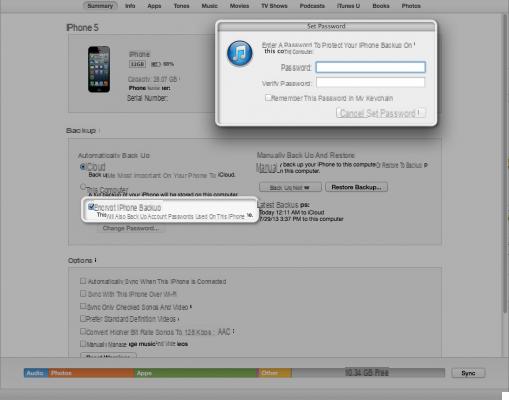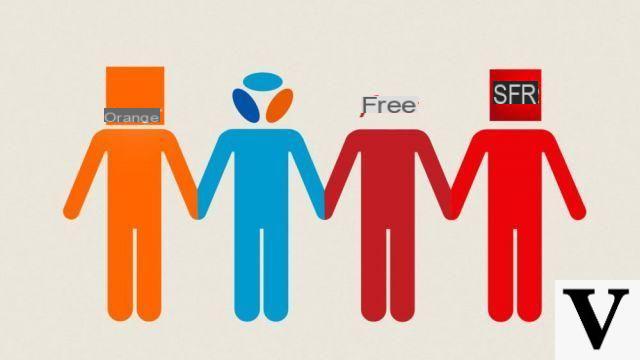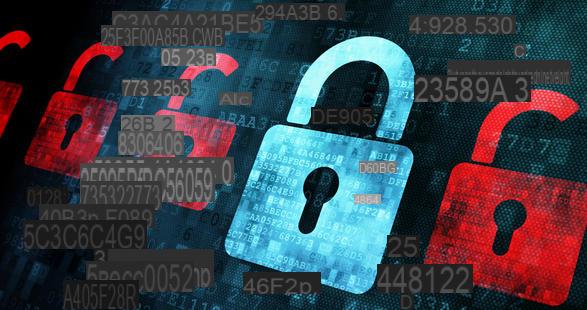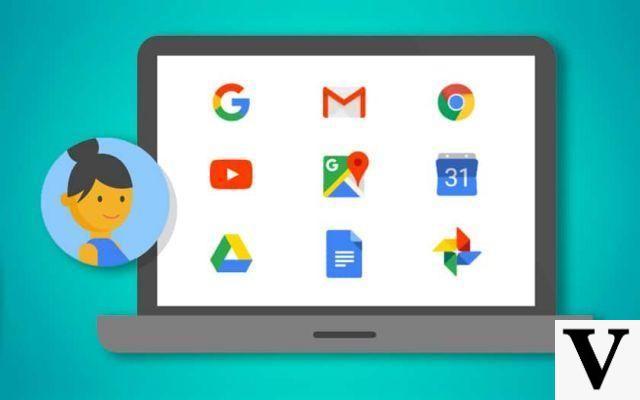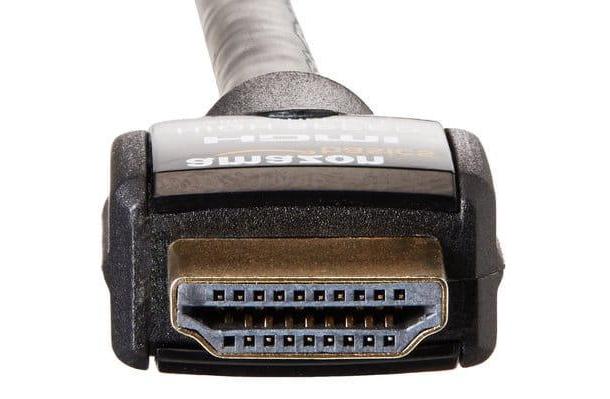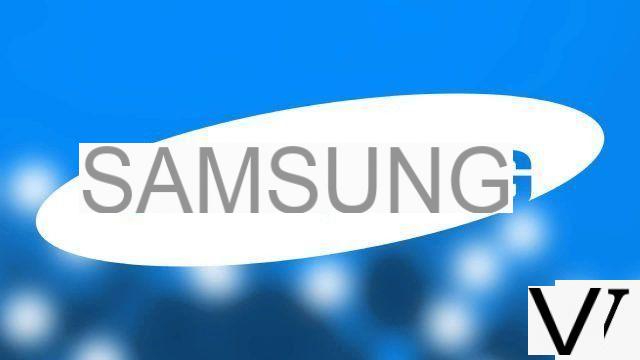- How much is my personal data worth?
- Protect your personal data
- And the VPN, does it protect my personal data?

When you browse different sites, do Google searches, or even post photos from your vacation on different social networks, your data is collected by the different players in your digital life. But why are they so precious and above all, how can you protect them and control what you share?
Today, the personal data of users on the Internet is used for everything. While their recovery and sale are of course very profitable for all companies specializing in advertising, they are also useful for training artificial intelligences and for researchers. However, you don't always have control over who will use them and how: we recently had the example of Clearview AI, a facial recognition software sold to law enforcement that is trained using billions of photos on the Internet without the owners of these photos being voluntary.
Several responses have been provided for better protection and greater control of personal data. Among them, laws, such as the GDPR in Europe or the CCPA in California, but also proposals for policies or private companies to let users recover part of the money their data is worth, by selling it voluntarily. Other responses are more pragmatic: create alternatives to the services offered by the GAFAMs or at least something to block their trackers.
Discover the ExpressVPN offer at -49%How much is my personal data worth?
It is complicated to answer this question precisely. Companies share few figures on this, making it difficult to make an accurate estimate of the value of an individual's personal data. However, we all know one area in which our data is traded dearly: advertising. The whole system of RTB (Real-Time Bidding) is based on consumer data which is shared between different services. There is already the web page or application the user is visiting, which collects data and sends it directly to the SSP (Supply Side Platform). SSPs bring this new user data together with others already in their possession, including a unique advertising ID, to be able to provide an individual and complete profile to the DSP (Demand-Side Platform). Between the two are the ad exchanges that take care of managing the auctions. The data collected allows DSPs to precisely choose a user who corresponds to the core target of the advertisers who use them and to whom they will therefore show an advertisement by bidding on the advertising space of the web page or application that it is. visiting.
Among the known RTB players, we can cite Twitter, through its SSP MoPub. This had been pinned by a report from the Norwegian Consumers Council in 2020, because of its sharing of sensitive and identifiable information collected on dating applications like Grindr or OKCupid. Another company profiting greatly from advertising, Alphabet, the parent company of Google. In 2020, advertising services accounted for $ 147 billion of Alphabet's $ 183 billion in revenue. An impressive figure which can be explained by the fact that Google is positioned at several of the stages of the RTB. The company has two SSPs, AdMob for mobile and Ad Manager for the web and its own Ad Exchange, which allows it to distribute user data collected by its SSPs and that of its competitors to DSPs. In other words, for these companies, your data is worth gold.
Not all data collections are bad: they are also used internally by companies to improve the user experience or they are used by researchers. However, scandals like Cambridge Analytica have brought discredit to generally legal and regulated activities, and users are therefore now seeking to regain power over their data. But how to do it ?
Protect your personal data
In Europe, we are fortunate to be partially protected by the GDPR, which among other things gives users the possibility to refuse certain cookies, to request the erasure of their personal data and to have a right to inspect the data retrieved. by the different companies. However, some additional precautions can be taken, for example with the installation of respectful browsers (Tor Browser or Brave for example) or browser extensions. You can install ad blockers which, in addition to protecting you from malicious scripts, allow you to avoid unwanted ads but also to be tracked in some cases. However, for better protection against tracking, it is advisable to use dedicated extensions. Privacy Badger, developed by the Electronic Frontier Foundation, blocks trackers and replaces them with placeholders so that the sites visited continue to function perfectly. The extension also automatically blocks tracking from Facebook and Google.
To protect yourself, you can also look for alternatives to GAFAM. Because if Google succeeds in being such an important player in the field of advertising, it is also thanks to all the data that the company collects on you during your research. In this way, she can create a very complete profile of each of her users. Alternative search engines have emerged, such as DuckDuckGo or Startpage, which promise to respect the privacy of their users. For your software, you can also turn to open source, which is by definition more transparent since the source code is accessible and visible to everyone.
Finally, it is necessary to change some habits on its use of the Internet, such as sharing on social networks. In addition to sometimes posing a security risk, posting pictures of yourself, sharing your location or answering personal questions on social media gives a lot of information about you and your habits, which can be used for marketing purposes. or even for machine learning, without your having had the opportunity to give your consent. And even if it's a fairly time-consuming activity, it is important to assert your right to refuse non-essential cookies on each site to avoid the trackers who follow our activity on several sites.
And the VPN, does it protect my personal data?
In addition to using a browser that respects your privacy from commercial tracking, you can make your Internet exchanges completely private thanks to a VPN such as ExpressVPN (our partner of the day) which will encrypt all your communications, relocate and change your IP within a private network. If the use of one does not replace the use of the other, the addition of the two will allow you to be a real ghost on the net.
Discover the ExpressVPN offer at -49%Discover ExpressVPN, our partner of the day, hailed for its exceptional performance in our comparison of the best VPNs 2021 !
- Impressive number of servers
- Top notch level of service!
- Many supported platforms
- Browser extensions





